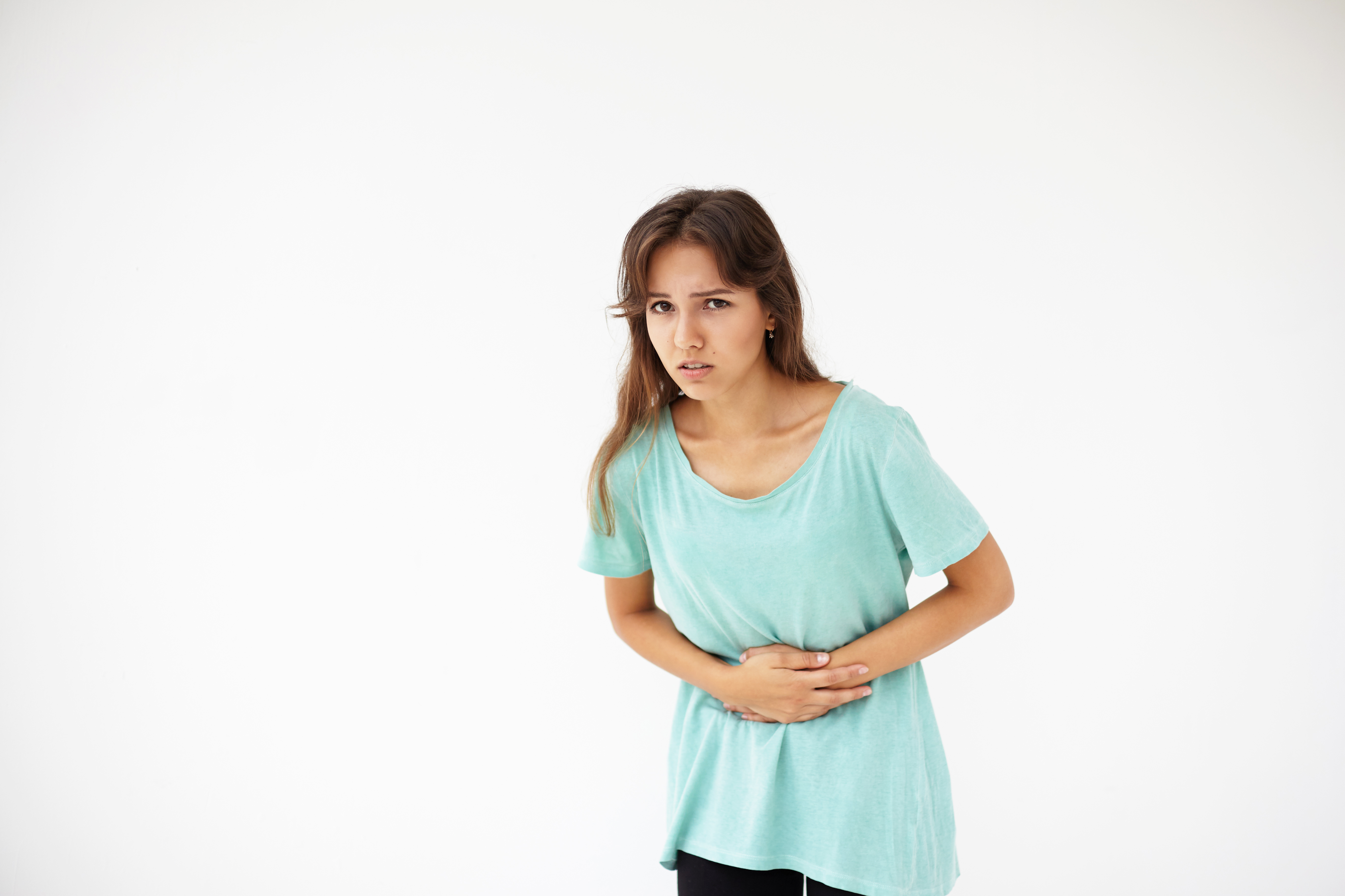Pain in the abdomen can be due to hunger, cramps, indigestion, or even constipation; However, if that pain is accompanied by small lumps or bulges in the abdomen, there is a high chance of suffering from hernia. An abdominal hernia symptoms female is a common condition in women between the ages of 25-25 and ranges from very mild and asymptomatic to chronic with many pain-causing symptoms.
Hernia can occur in males and females, with the most common type of hernia occurring in women being the Epigastric hernia and Femoral hernia. Other types of hernia, such as Inguinal hernia and Umbilical hernia, are often seen in children and neonatal babies. Hernias must be treated on time always. It is important to treat it to avoid the severe complications that may arise, such as blockage in the blood flow to different organs. Thus, it is good to understand the abdominal hernia symptoms in females to report the issues as soon as you observe them.
How do you know if you have abdominal hernia symptoms female?
The abdominal hernia has several symptoms that are prominent and easily noticeable, as mentioned below:
Also, Read Before and after hernia surgery: 10 things to expect?

What is an abdominal hernia, and where does it occur?
The abdomen is lined by muscles that make up the abdominal wall. This lining keeps the intestines and organs in place, such as the spleen and liver. A gap or break in the abdomen's inner lining forces the fat, intestines, or organs to fall out of place and into the gap in the abdominal wall. It is seen as a bulge or a lump in the abdomen, known as a hernia. A gap or break in the muscle wall can occur due to pressure in the abdomen caused by lifting heavy objects or excessive physical activity. This may also occur if the muscles are weak, as seen in the cases of infants and elderly people.How do you know if you have abdominal hernia symptoms female?
The abdominal hernia has several symptoms that are prominent and easily noticeable, as mentioned below:
Also, Read Before and after hernia surgery: 10 things to expect?
15 Abdominal hernia symptoms in females -
- Lumps on the skin- these lumps are significant due to the protruding organs or intestines that fall in the gap of the abdominal wall. The number of lumps may vary depending on the number of gaps in the muscle wall.
- Bruising on the skin- This usually occurs in a phenomenon called strangulation, when a part of the intestines or organs gets caught in the gap and loses all supply of oxygen and blood. It leads to necrosis of the part that is trapped in the gap. Thus, purple or bluish is seen on or around the lumps, indicating a lack of blood supply to the area.
- Swelling and inflammation- the area around the lump may swell up and appear inflamed. This is the most common abdominal hernia symptom in females.
- Pain in the naval- this pain might either occur in bursts or might be persistent. Pain in the naval occurs due to pressure generated from a block in the intestines that does not allow the flow of gasses out of the system.
- Obstruction of bowel movements- In serious cases of abdominal hernia, there is pressure and gas buildup in the abdomen that prevents the proper movement of stools. Gasses also remain obstructed in the digestive tract generating a buildup of pressure in the abdomen.
- Blood in stools- is seen, especially when you strain to move your bowels. In serious cases of abdominal hernia, pressure and gas buildup in the abdomen prevents the proper movement of stools.
- Feeling full longer- Continuous bloating and heaviness may cause discomfort and make you feel full for longer periods. It is also associated with loss of appetite.
- Heartburn and regurgitation- is a common symptoms seen in an abdominal hernia. The food you eat may not be easily digested, leading to regurgitation. You might also find trouble swallowing food.
- Heaviness or bloating- when the internal digestive organs occasionally fall into the gaps of the lining, movement of gasses out of the digestive system becomes a problem. It leads to bloating and heaviness in the abdomen.
- Difficulty coughing and sneezing- Coughing and sneezing put an extra strain on the lumps in the abdomen, making it difficult to cough and increasing the pain when you do.
- Discomfort while bending- abdominal hernias caused due to an incision may be extremely painful, and performing simple duties such as bending may prove difficult.
- Bulge gets bigger- with time, the bulge may get bigger and cause more pain and discomfort.
- Nausea and vomiting- loss of appetite may force you to feel nauseated.
- Increased heart rate- some cases of abdominal hernia have reported increased heart rate. It is likely due to an increased oxygen demand in the obstructed parts of the intestine.
- Fever- Fever may arise when an infection develops alongside the obstruction of the intestines or organs in the gap or a break in the muscle wall.
Signs and symptoms in female children -
Certain types of hernia occur predominantly in infants and young children, such as Umbilical hernia and Inguinal hernia. It happens because the muscles in the abdomen are not completely developed in infants and children. Signs that young females may have abdominal hernia include:- Baby cries when coughing
- Baby refuses to eat; vomits
- Older children may complain of pain during bowel movements
- Loss of appetite
- Bulge noticeable while inhaling
Complications -

- In pregnant women, if you suspect any abdominal hernia symptoms, you must immediately talk to your doctor about whether the hernia might be dangerous.
- Hernia can advance to a complicated stage when the intestines get stuck in the gaps of the abdominal wall, a condition known as incarceration. There might be limited blood flow to the stuck part of the intestines, which will eventually cause the death of the tissues of the intestines and can be life-threatening.
-
Symptoms that demand immediate medication attention are:
- Bruising at the hernia's lumps can be red, blue, or purple, indicating a lack of oxygen and blood supply to the area.
- Excruciating pain, not able to stand or walk or sit.
- An immediate surgery might be done to save the patient's life.
Conclusion-
An abdominal hernia is a condition in females characterized by protruding masses and lumps in the abdomen. A very common symptom of this condition is persistent pain in the abdomen. If left untreated, a hernia can be life-threatening. Thus, knowing the abdominal hernia symptoms in females will help keep you cautious. Seek medical consultation when you observe any of the signs mentioned in this article. Abdominal hernia can be treated with the help of medication, non-invasive techniques, and surgery for chronic causes.
Reviewed by